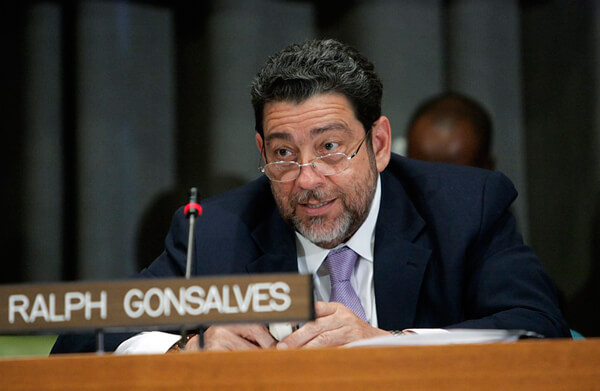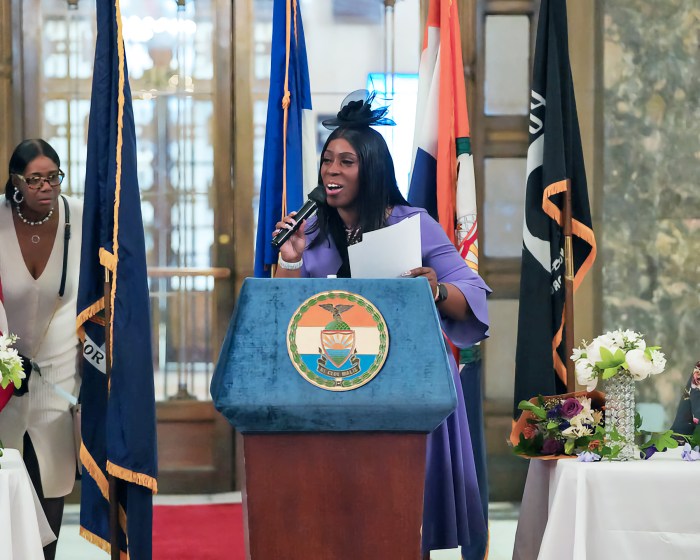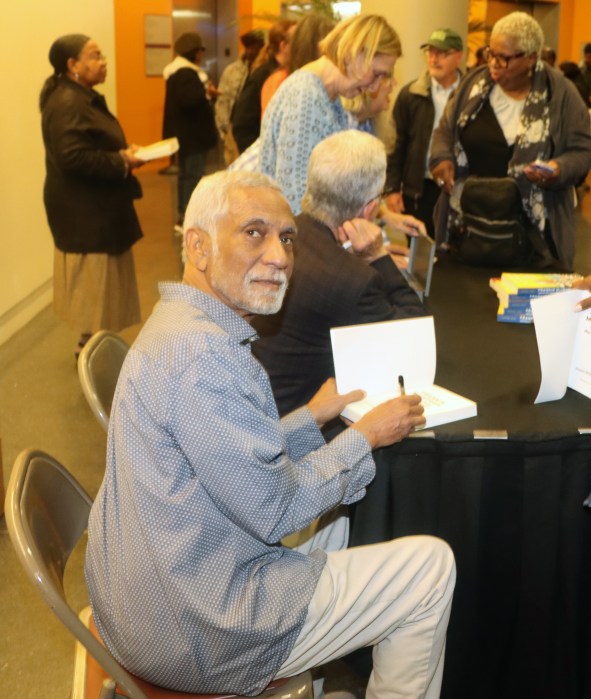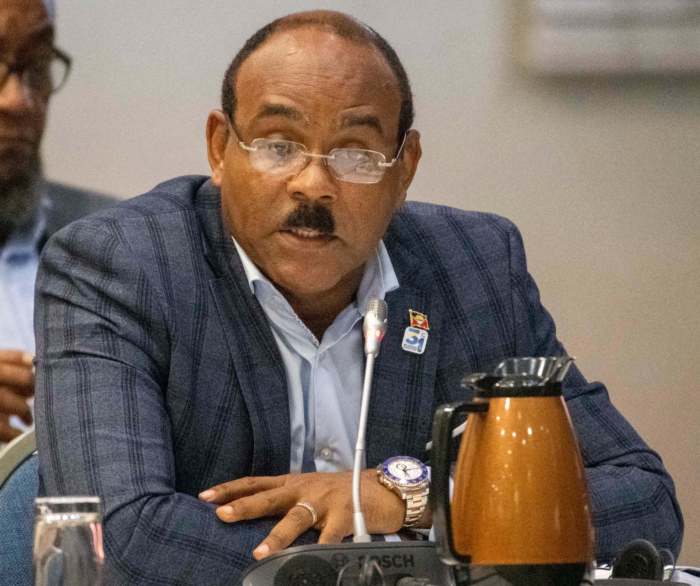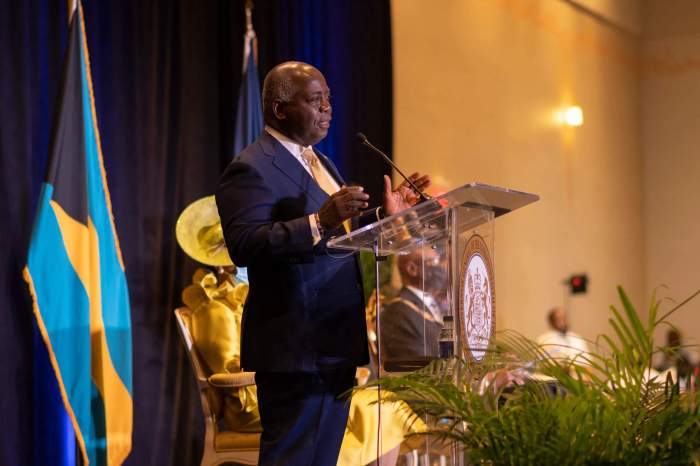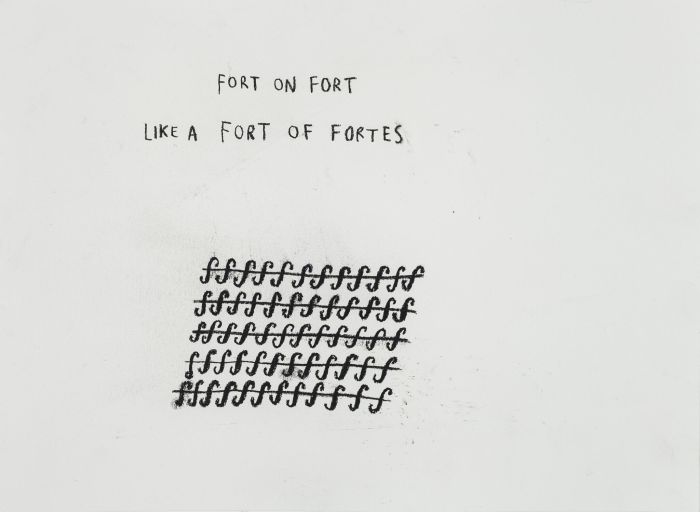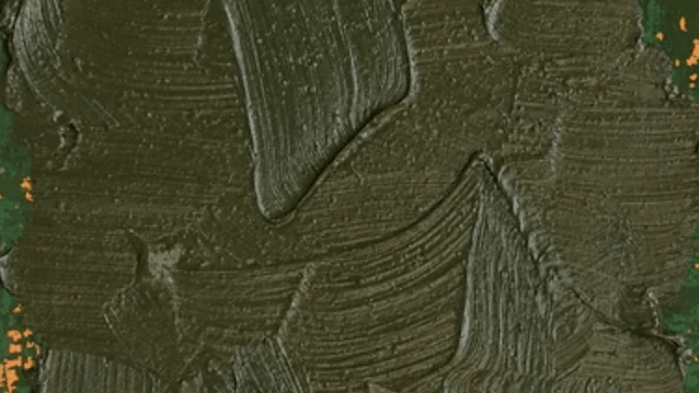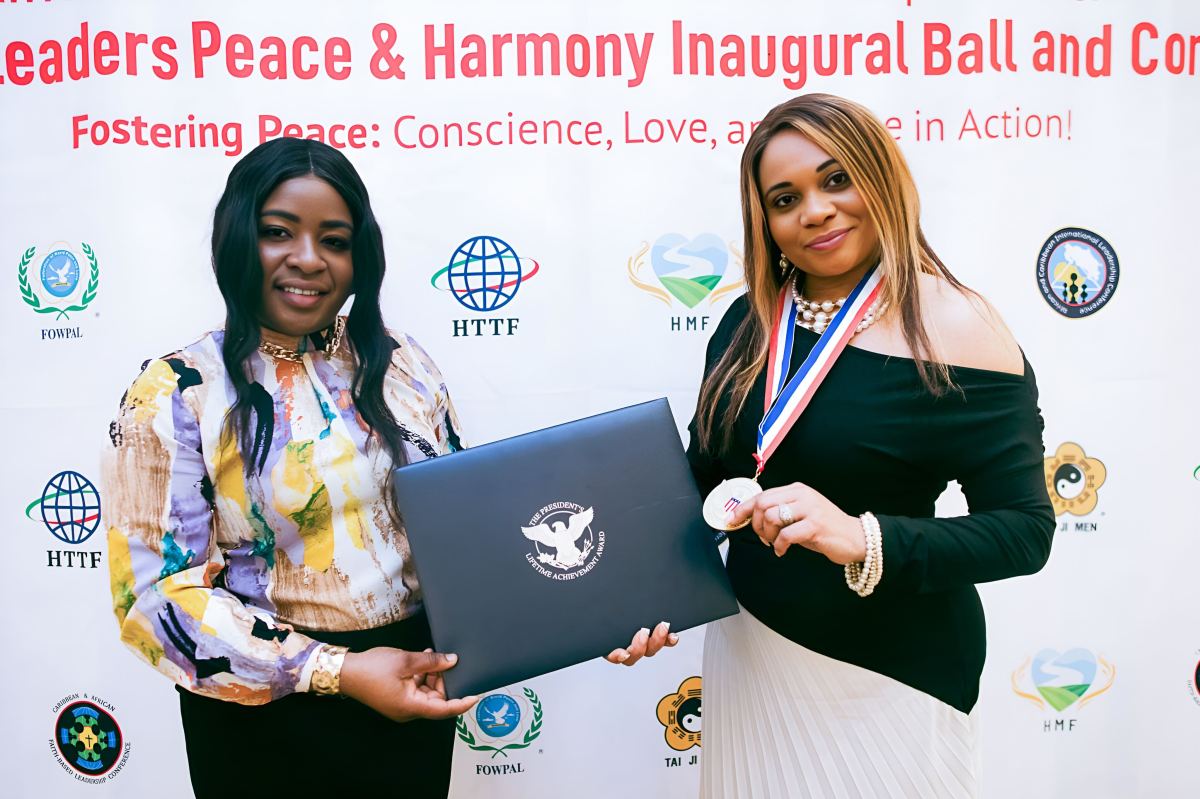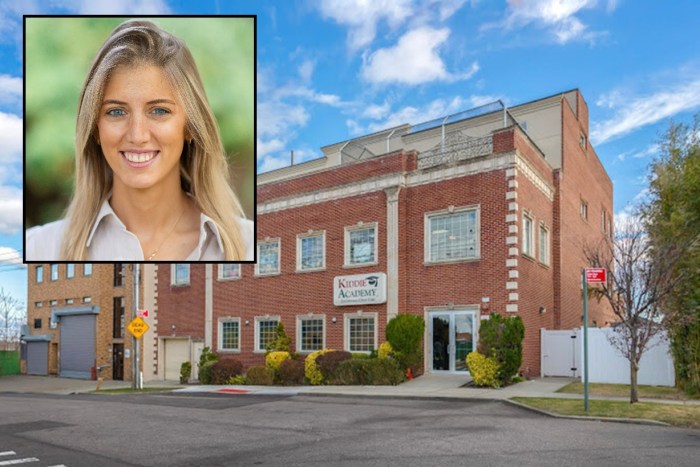St. Vincent and the Grenadines Prime Minister Dr. Ralph E. Gonsalves, perhaps, did not realize – or had a premonition, or envisaged – that global kinetics would change rapidly under a new United States administration, led by President Donald Trump.
The publication of Gonsalves’ latest book, “Our Caribbean and Global Insecurity,” a compilation of seven essays, comes, therefore, at a time when Trump is seeking to turn the world upside down, with executive orders banning and restricting travel from certain Muslim countries, imposing draconian immigration measures that would significantly impact an already besieged Caribbean, and threatening to cut off aid and curb relations with the North Atlantic Treaty Organizations (NATO) and the United Nations, among other things.
Clearly, the new president in Washington, D.C., just a month in office, wants Americans and the world, for that matter, to “cry uncle.”
But a read of “Our Caribbean and Global Insecurity,” speeches delivered by Gonsalves over the years — from May 2009 to June last year — provides a “critical reference point, as we navigate the changing contours of a new world dynamic,” as United Nations Ambassador, Inga Rhonda King, writes in the preface.
King, who served as the book’s editor, said that the title of the book is taken from the last lecture in the Caribbean Ideas series.
“Global Insecurity” was delivered at the University College of the Cayman Islands on June 16 last year, as part of the college’s Distinguished Lecture Series.
The other essays in “Our Caribbean and Global Insecurity” comprise: “Sovereignty, Independence and Intellectual Thought in the Caribbean: The legacy of Gordon R. Lewis” (2010); “The Spirit and Ideas of Maurice Bishop are Alive in Our Caribbean Civilization” (May 2009); “Errol Barrow, our Caribbean Civilization and the Idea of Barbados” (January 2015); “Nationalism, Regionalism and Internationalism in the Political Praxis of Cheddi Jagan of Guyana” (April 2015); “Theology, the Church and Politics: A Caribbean Perspective” (August 2015); and “The US-Cuba Accord: How the Caribbean Paved the Way” (October 2015).
Gonsalves condenses “Global Insecurity” into the global political economy; global inequality; global inter-connectedness; automation, the work force and social organization; terrorism and global instability; the environment, climate change and global instability; and social sectors and global insecurity.
In the introduction, Gonsalves posits that global insecurity is a subject that demands “a realistic, not fanciful or normative, assessment.”
He says that global insecurity — that impacts the international community or significant parts — is “a coalition of disorder, ranging from episodic disruption of established constitutional or legal arrangements and socio-economic upheavals to a vortex of socio-political mayhem or normlessness.”
But, Gonsalves, who has been the Vincentian leader since 2001, says that a realism of the topic led him to conclude that global insecurity is normal and that an absence of global insecurity is abnormal.
“The critical question, therefore, is what is the level of global insecurity that is tolerable and consistent with a level of living that accords with the accepted standards of human civilization globally,” he says, adding that the query prompts other important considerations.
The prime minister says some forms of global insecurity may be needed – “even though not immediately recognized as desirable, by the relevant population, in order to achieve security and progress” – stating that it is part of a “complicated historical process.”
The former lecturer in government at the University of the West Indies (UWI), Cave Hill Campus, Barbados, writes that global challenges, which triggers instability cannot only be addressed locally or nationally, stating: “The local and national cannot be sacrificed upon the altar of regional and international behemoths, which lack the requisite responsiveness and responsibility.
“There has to be a dialectical, and uplifting, connection between the local, national, regional and international dimension of our human civilization,” he said.
In the sub-heading “Sovereignty, Independence and Intellectual Thought in the Caribbean…,” Gonsalves notes, in an address previously delivered at the Gordon Lewis Symposium, in Dec. 1, 2010, at UWI’s Mona Campus, Jamaica, that the Caribbean was engaged in a deep search for “a way out of its enveloping socio-economic and political challenges of a magnitude not experienced since independence.”
He notes that Lewis, like the Barbadian poet H.A. Vaughn, viewed the region and its people as “manifestation of a beauty that escaped colonial schools.”
In order to comprehend the Caribbean condition and Gordon’s contribution to that understanding, Gonsalves urges Caribbean nationals to turn to their history and homecoming.
“Their historical reclamation and understanding provide the basis of our future, the only time, of all time, that is ours possibly to desecrate,” he says. “The avoidance of this desecration and the ensuring of our people’s upliftment are at the center of our embrace of our tomorrows, with our strengths and possibilities.”
The learned Vincentian and, arguably, one of the foremost Caribbean intellectuals, said the leadership and people of the region would augur well to emulate the themes enunciated by the late Barbadian Prime Minister Errol Barrow in his maiden address to the United Nations General Assembly in December 1966, when Barbados was admitted as a member of the global body.
Speaking under the tag line, “Friends of all, satellites of none,” Barrow called for the “pursuit of foreign policy as an extension, not a contradiction of domestic policy,” and lauded the “importance of multilateralism, not super power triumphalism, in world affairs.”
Barrow, according to Gonsalves, also urged large and small nations to “respect, and abide by, the fundamental principles and ideals of the Charter of the United Nations.”
The Vincentian prime minister said many of Barrrow’s themes were still relevant today.
With impeccable brilliance and erudition, Gonsalves gives the avid reader ample information to take a closer at “Our Caribbean and Global Insecurity.”
The 176-page book, published by Strategy Forum, Inc., in Kingstown, the Vincentian capital, is a must-read for not only political scientists and aspiring political scientists but for the general populace, especially those who want to remain intellectually-stimulated or are deeply concerned about the seeming new global order under Trump.


